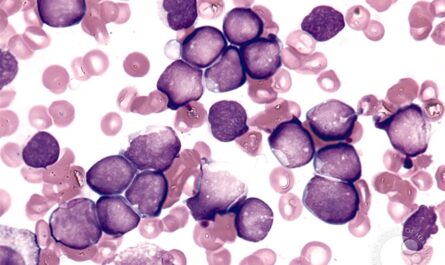Oligodendrocytes, crucial central nervous system cells responsible for brain function, have been found to exhibit unexpected longevity before their eventual demise, as per a recent study published in the Journal of Neuroscience. Researchers at Dartmouth discovered that mature oligodendrocytes can survive for an astonishing 45 days following a traumatic event that typically results in the death of younger cells within 24 hours. This novel finding unveils a potential pathway for interventions aimed at reversing or preventing the damage caused by aging and conditions like multiple sclerosis on these vital cells.
Oligodendrocytes play a vital role in the brain by wrapping around nerve cell connections called axons and producing a lipid membrane known as a myelin sheath, which insulates the axons and facilitates efficient transmission of electrical signals between nerve cells. However, with advancing age and the onset of neurodegenerative diseases like multiple sclerosis, oligodendrocytes are prone to damage. When these cells perish, myelin production ceases, leading to the breakdown of myelin sheaths and affecting motor function, sensation, and memory.
Traditionally, it was believed that damaged oligodendrocytes undergo apoptosis, a programmed cell death process observed in injured cells. However, the Dartmouth researchers discovered that mature oligodendrocytes follow a distinct pathway before succumbing to death, shedding light on the factors that enable their prolonged survival as they mature.
Lead author Timothy Chapman highlighted the implications of these findings, suggesting that treatments focused on preserving myelin may need to account for the evolving nature of oligodendrocytes with age. He emphasized the necessity for tailored approaches to protect mature cells, as opposed to a one-size-fits-all strategy targeting younger cells.
The researchers built upon their earlier work utilizing a living-tissue model to study how oligodendrocytes respond to cellular death. By employing innovative techniques such as the photon-based device 2Phatal to induce cell death, they observed that mature cells exhibited resilience to DNA damage, surviving much longer than anticipated. This extended survival raises questions about the potential benefits or drawbacks of such a mechanism, with implications for understanding cellular processes in aging and disease contexts.
The study marks a significant advancement in unraveling the complex dynamics of oligodendrocyte survival and death, prompting further investigations into the mechanisms governing these processes. By gaining insights into how aging impacts brain cells, researchers hope to develop targeted interventions that could enhance cell health and mitigate the detrimental effects of aging and neurodegenerative conditions on brain function.
*Note:
1. Source: Coherent Market Insights, Public sources, Desk research
2. We have leveraged AI tools to mine information and compile it



